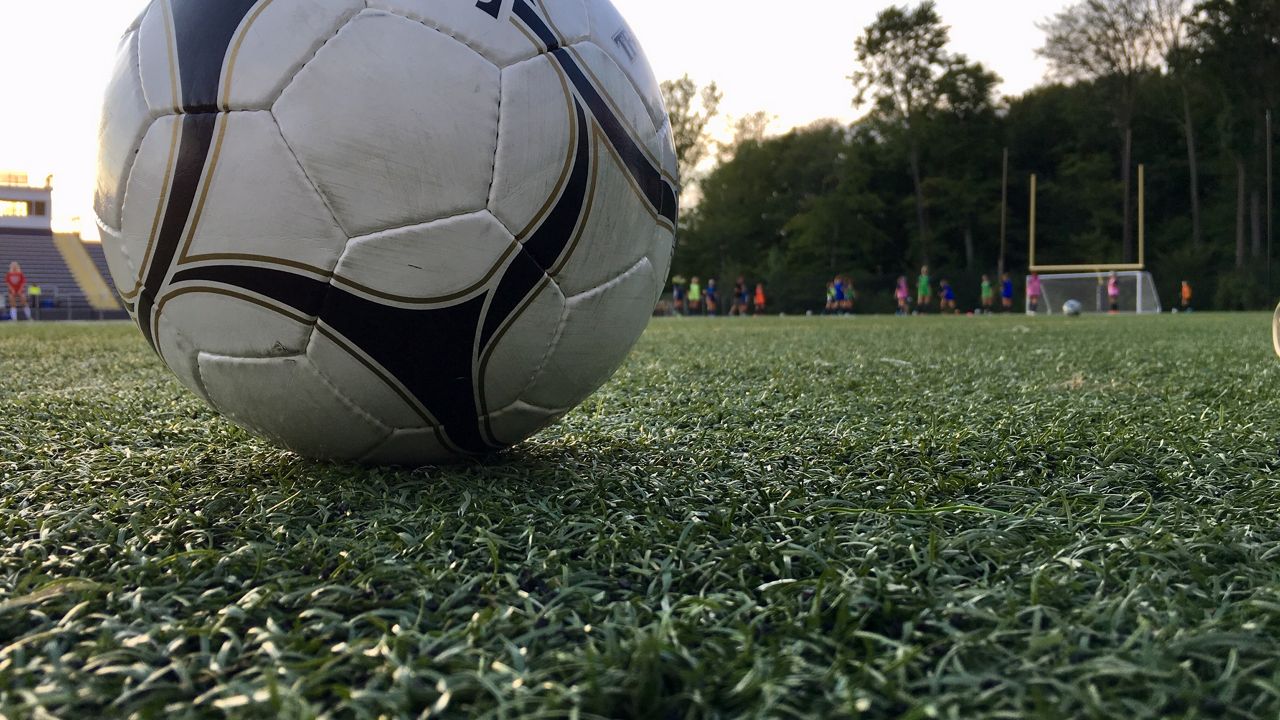Sports
Study: Mental health better in people who played youth sports

OHIO — A new study from researchers at The Ohio State University shows that adults who continuously played organized sports when they were younger have better mental health, specifically less depression and anxiety, than those who either never played or dropped out.
Additionally, the study shows those who did drop out of sports had worse mental health than those who never played at all.
Chris Knoester, senior author of the study and professor of sociology at The Ohio State University, said more people drop out of youth sports than play continuously until they are 18.
“If you play and stick with sports, it’s a positive for your mental health, but if you play and drop out it seems to be negative – and most kids drop out,” Knoester said in a release.
The study was published in the Sociology of Sport Journal and was conducted between 2018 and 2019 at Ohio State. It included a sample of 3,931 adults in the U.S. who were asked questions about their sports participation in their youth, as well as their current anxiety and depression symptoms. It also used data from the National Sports and Society Survey.
The study shows that most people dropped out of sports because they felt they weren’t good enough or weren’t having fun.
“Our findings about why kids drop out of organized sports suggests that the current environment is less than ideal for everyone, and that the barriers to participation need to be given greater attention,” said study lead author Laura Upenieks, assistant professor of sociology at Baylor University.
Of the participants, 35% said they didn’t play organized sports at all, 41% participants dropped out and 24% played until they were 18 years old.
The group that played sports until they were 18 showed fewer depression and anxiety symptoms compared to the other groups. The group that dropped out of sports had the worst mental health profile compared to those who never played, which landed right in the middle of the three groups.
The most cited reason for dropping out was “not having fun,” which accounted for 45% of the respondents identified. The second most common reason was them feeling they weren’t good enough (31%) and then the other reasons were because they wanted to focus on grades (16%), having a health problem or injury (16%), not being able to afford sports (16%), having an issue with team members (15%) and having an interest in other activities (14%).
Additionally, 8% said they dropped about because of an abusive coach.
“Unfortunately, it is not a simple story of playing sports is good for kids,” Knoester said in the release “It is complicated by whether kids stick to playing sports and the reasons why they do stick to it or quit.”
Upenieks said the study shows why it could be good for people to continue sports into adulthood.
“The longer that youth are exposed to a positive and encouraging sporting environment, the more likely they are to develop habits that are conducive to long-term mental well-being, such as a commitment to regular exercise and collaborating with others as part of a team,” she said.
The study said the findings allude to the idea that children quit organized sports mainly because they don’t have a positive environment.
“We need to improve youth sports so that it supports positive experiences for everyone and makes it more enjoyable,” Knoester said. “Our results suggest that by taking away the fun and making kids feel they aren’t good enough, there could be cascading effects in terms of hurting self-esteem and confidence that could reverberate through to adulthood.”








